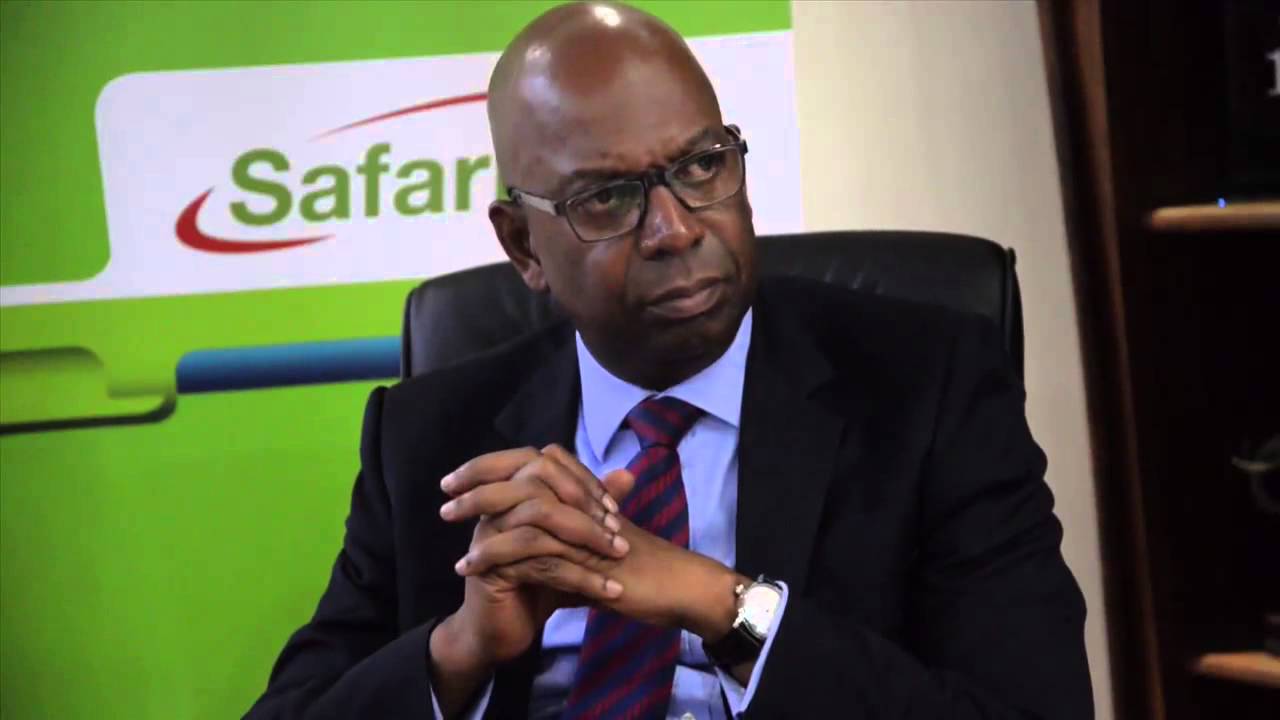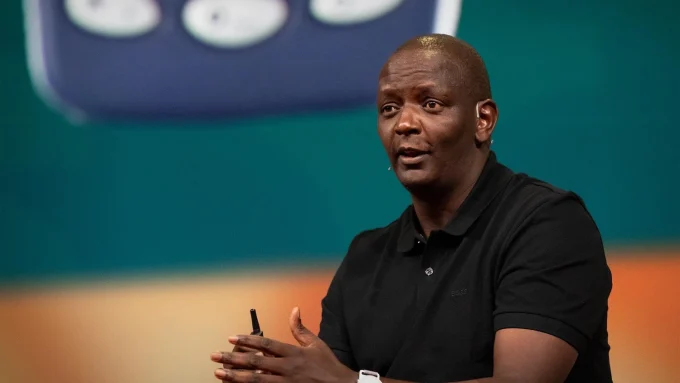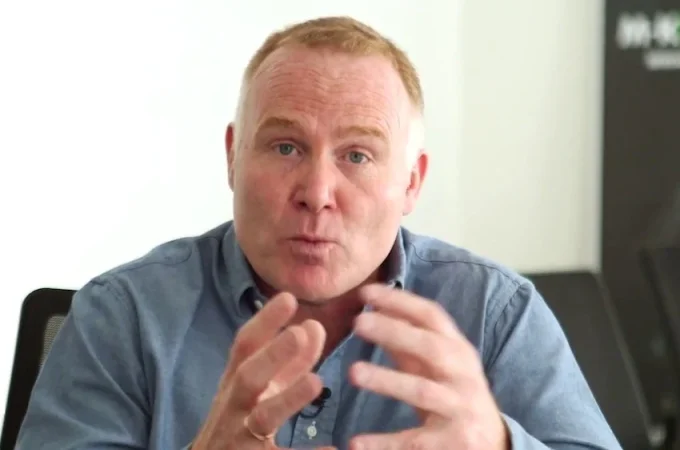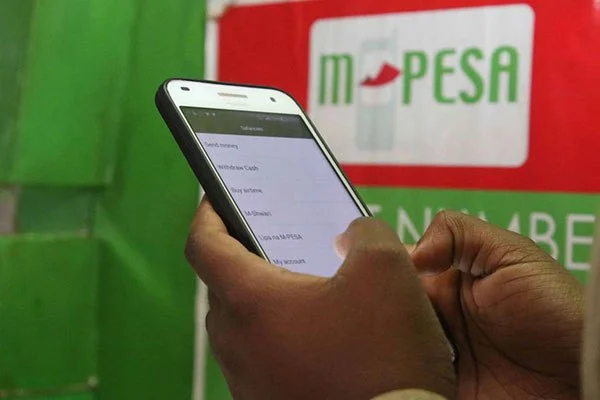Safaricom’s shares have been rallying at the Nairobi Securities Exchange (NSE) lately, touching an all-time high of Ksh25 early last month. This means the stock’s value has risen by about a third this year, driven by what analysts say is good financial performance, according to an analysis by the Financial Standard.
However, investors are wondering whether the stock, which started trading at the bourse more than nine years ago after a very successful IPO, has the momentum to sustain the rally witnessed so far.
At Ksh 25, the stock has risen ten times since its lowest ebb in early 2009, when it traded at Ksh2.55 — half of its 2008 initial public offering price of Ksh 5. Investors who were initially apprehensive now fighting for a share of the pie.
The sharp rise in share price has pushed Safaricom’s market capitalisation — which is the total value of investor funds – to more than Ksh1 trillion, becoming the first company on the NSE to cross this market. This valuation outstrips the combined capitalisation of the next 10 most valuable companies at the NSE among them East African Breweries Ltd (EABL) Equity Bank, BAT, Barclays, KCB, Co-operative, Stanbic, Standard Chartered and Bamburi.
The current rally is good news for shareholders who have patiently watched the share fluctuate in the market. Going by the Ksh24.25 price at which it closed on Friday, Safaricom’s capitalisation jumped to Sh971.59 billion from a low of Ksh102.1 billion in 2009.
Last Friday, total market capitalisation stood at Sh2.42 trillion, meaning Safaricom’s stock controls nearly half of the total shareholder wealth at the Nairobi bourse. The stock has been among the best-performing counters this year, with a price gain of about 34 per cent. It opened the year at Sh18. So what is it really about Safaricom that is driving the share price?
Which way for Safaricom investors?
It is important to understand what Safaricom really is or what it may be maybe or will likely become in the next few years. Analysts say it is the telecom firm’s strong financial performance, diversification into data and killer service M-Pesa that are driving the rally.
Boasting more than 28.1 million subscribers as at March this year, the company has managed to attract and retain customers despite increased competition from Airtel and Telkom Kenya. The operator has upped its ante to grab a large share of the data business.
Safaricom is looking for ways to build on the success of M-Pesa, which is used by subscribers to pay for everything, from utility bills to groceries and car petrol.
READ: Safaricom hits a historical high in valuation
The telco controls about three quarters of Kenya’s 40.5 million internet users, while M-Pesa handled Ksh432.5 billion of mobile commerce transactions in the first quarter of this year, more than half the total Ksh627.5 billion, according to data by the Communications Authority of Kenya.
Its entry into insurance, education, transport, e-commerce and even into living rooms through digital television, has helped power the firm’s growth prospects. In the last financial year, voice revenue grew by 2.9 per cent. But the growth is not as high as that of other revenue segments such as internet and M-Pesa.
“We believe that data, M-Pesa and diversified products such as enterprise services will continue to enhance our bottom-line,” Safaricom’s Corporate Affairs Director, Stephen Chege, said in an interview with Financial Standard. In 2016 full-year results, non-voice revenue accounted for more than half of the over Sh200 billion gross revenue the telco generated.
“We expect this trend to continue as we realise the heavy investment we are making in expanding our network and deploying the latest technology,” Chege added.
Safaricom is also entering e-commerce segment which has build global giants like Amazon and Alibaba. This is the market that Safaricom is now eyeing. Safaricom says its e-commerce platform dubbed Masoko, Swahili synonym for markets, will offer products ranging from electronics to beverages and cosmetics.
In its foray into digital TV market, the telecom firm launched the Big Box — its own decoder — that combined voice, internet and TV.
SEE ALSO: Safaricom shares hit all-time high at NSE
The telco also has presence in the insurance market. Its first stab at this segment was with Linda Jamii, a medical insurance product by Britam and a tech-based medical supplier Changamka. However, it flopped due to some disagreements.
Safaricom says it has since partnered with CarePay – a financial engagement firm that helps individuals manage health expenses — and PharmAccess (a non-profit organisation that seeks to make quality healthcare accessible in Africa) to provide a mobile based health savings product known as M-Tiba.
In the transport segment, the telco entered the taxi hailing business. It partnered with Craft Silicon to launch Little to take on Uber.













Leave a comment